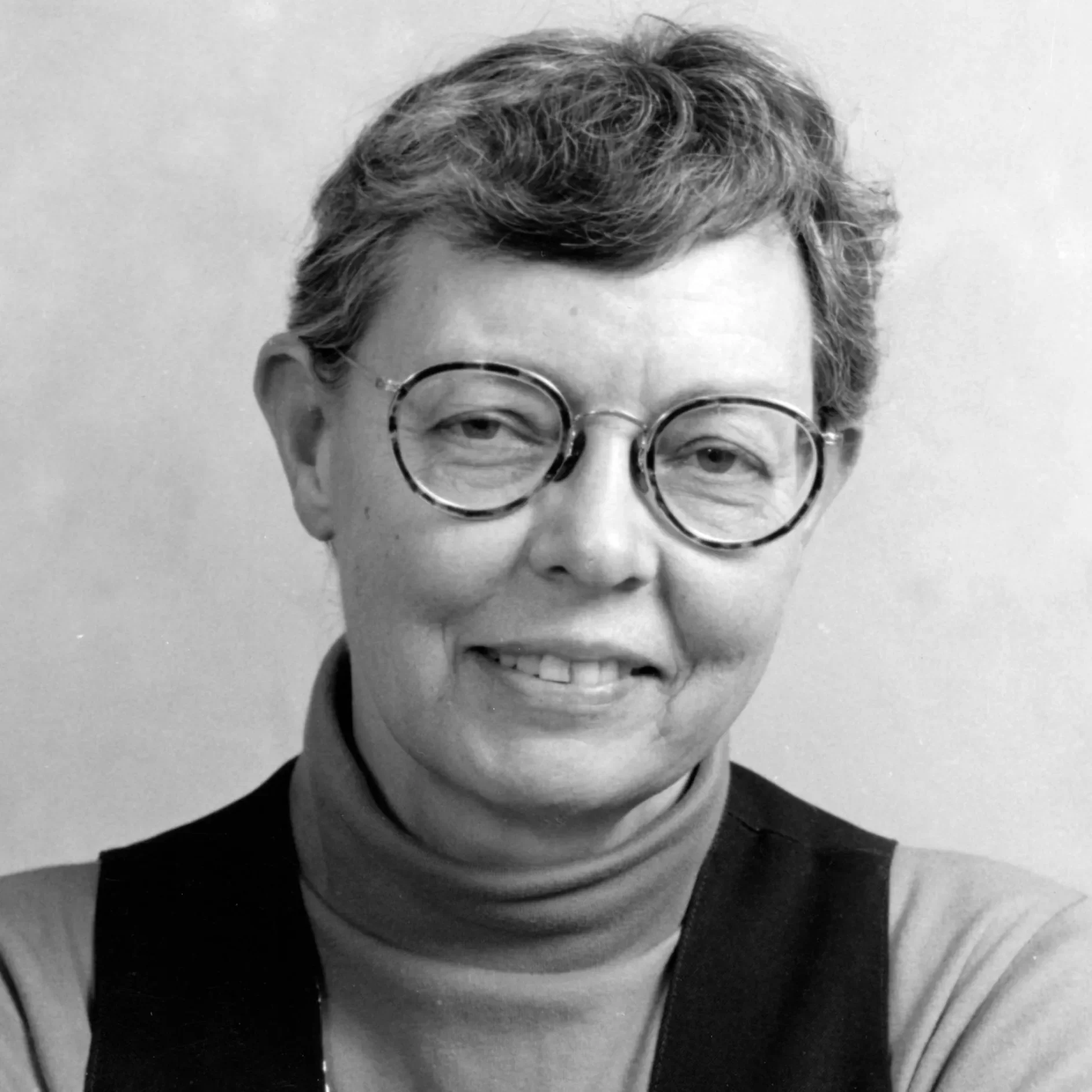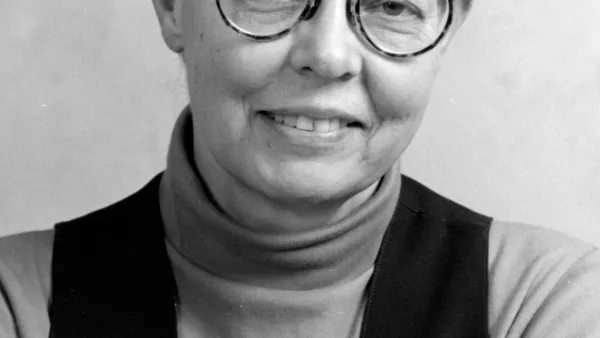Professor Watson's research explores prehistoric subsistence, technology, economy, and environment, and with processualist archaeology generally, and in her teaching she is also very interested in the variety of challenges voiced by post-processualists.
During the early part of my career, Watson specialized in Near Eastern prehistory, participating in field projects (archaeological survey and excavation, and ethnoarchaeology) in Iraq, Iran, and Turkey. This work was all done under the aegis of the Oriental Institute at the University of Chicago, in collaboration with Robert J. Braidwood's investigations of prehistoric food-producing communities, and of the origins of agriculture and pastoralism in the early Holocene period in western Asia.
Beginning in the 1960's she also initiated research in Salts Cave, Kentucky, a portion of the world's longest cave system in Mammoth Cave National Park, and she was able to develop this work into a long-term research project on agricultural origins in Eastern North America. During the 1970's, she also helped direct an archaeological field project in western central New Mexico. She maintains professional relationships with Near Easternists, teach Near Eastern archaeology, and visit the Near East occasionally on study and lecture tours, but her own field work is currently in Kentucky caves, rock shelters, and shellmounds.
Her courses range from introductory archaeology to advanced work in Near Eastern archaeology and in Eastern Woodlands and southwestern U.S. prehistory. Her graduate students write dissertations on many different aspects of both New World and Old World archaeology. She is especially interested in archaeological theory and field methods, and teach graduate seminars on those topics.

